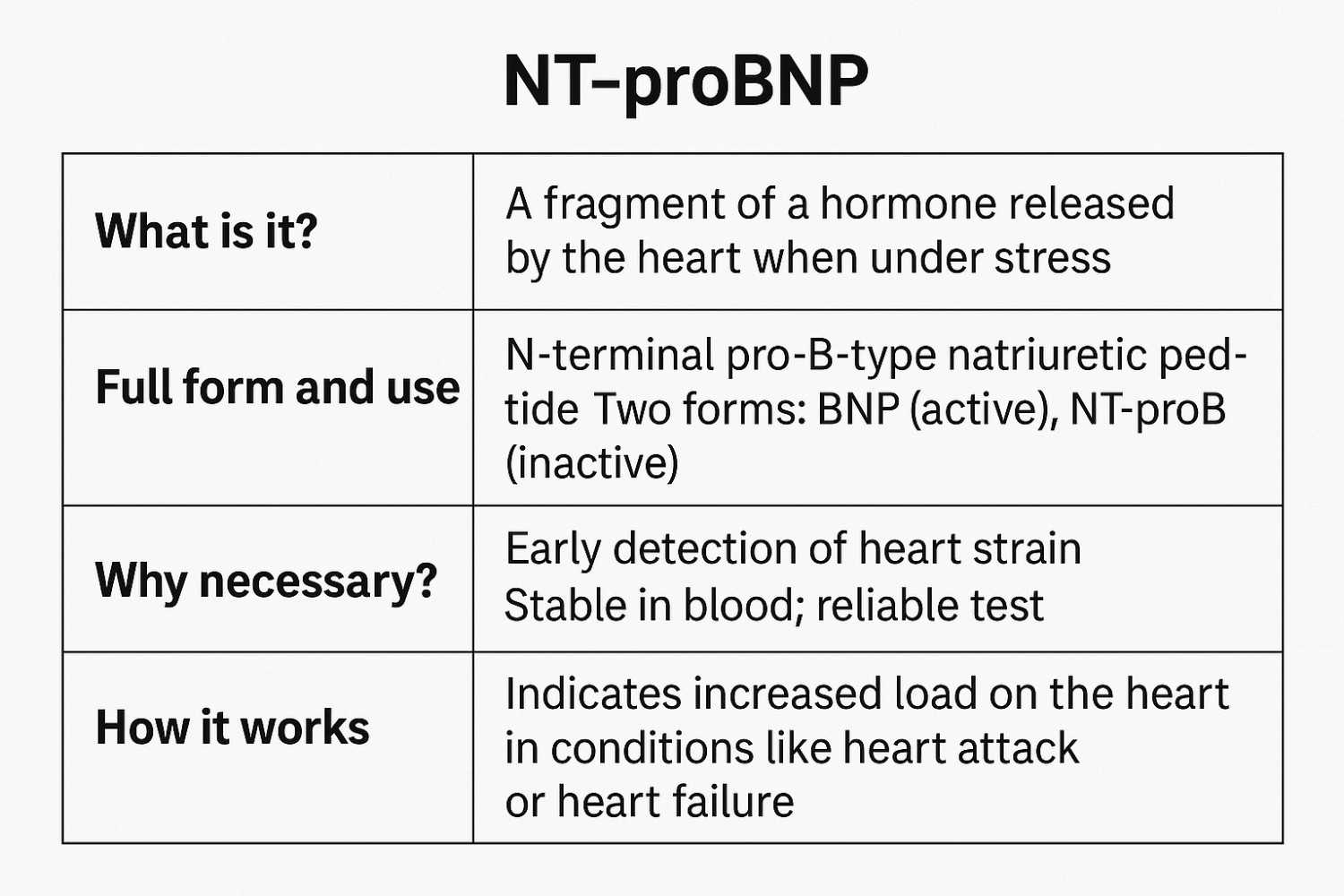
What is CO₂ Incubator?
A CO₂ incubator is a laboratory machine that maintains a tightly controlled environment—temperature, humidity, and CO₂ gas—just like cells need to grow.
It is used in research labs, IVF centres, microbiology, and tissue culture labs. Whether it’s research work or hospital work – the job is difficult without a CO₂ incubator.
CO₂ Incubator – How Does It Work?
The temperature in it is usually kept at 37°C – same as the human body. Humidity is around 95%, and CO₂ level is maintained between 5–10%. All these together create a perfect environment for cell culture.
The buffer system of CO₂ and culture medium keeps the pH level between 7.2–7.4, which is ideal for cells. If this setting becomes slightly irregular, the cells may become unusable.
Main Parts of CO₂ Incubator – At a Glance
- Chamber: Made of stainless steel – easy to clean and rust-proof.
- Temperature Control: Heating element and sensor for full control.
- CO₂ System: Sensor (IR or thermal) is installed, CO₂ supplied via gas pipe.
- Humidity Tray: A water tray inside maintains moisture by creating steam.
- Shelves: Adjustable – fits flasks, Petri dishes, etc.
- Display Panel: Touchscreen or digital – for easy settings.
- HEPA Filter: Prevents contamination in the air.
Types – Understand Which Type of Incubator You Need
- Water-Jacketed
Water is filled around the chamber – temperature remains stable.
Benefit: Stays warm for a while even during power cuts.
Disadvantage: Needs regular water refilling and cleaning. - Air-Jacketed
Temperature is maintained using an air heater.
Benefit: Lightweight and quick recovery after opening the door.
Disadvantage: Doesn’t hold heat long during power outages. - High-Capacity
Handles more culture – perfect for large labs.
Stackable and space-saving. - Multi-Gas
Controls CO₂, O₂, and N₂.
Best for hypoxia research and stem cell work. - Mini/Portable
Small-sized – great for fieldwork or small labs.
Compact but efficient.
Where is CO₂ Incubator Used?
- Cell Culture: Cancer cells, stem cells, and primary cells grow here.
- Microbiology: Fungi, bacteria, yeast – grow in controlled CO₂.
- Tissue Engineering: For developing artificial tissue or 3D culture.
- IVF: Embryos grow in a stable environment.
- Cancer Research: For tumour cell studies and drug testing.
- Vaccine Production: Growing cells to develop viruses for vaccines.
Look at the Features – Don’t Be Fooled by the Looks
- Contamination Control: HEPA filter, UV cycle, or high-temp decontamination is a must.
- Interior Design: Seamless design is easier to clean.
- Sensor: IR sensor is accurate and not affected by humidity.
- Display: Touch or digital screen – for easy control.
- Alarms: Alerts if temperature or gas levels go out of range.
- Stackable Option: Ideal if lab space is limited.
- Power Saving: Energy-efficient models reduce electricity bills.
Way of Use – If You Use It Wisely, It’s Beneficial
- Calibration: Regularly calibrate CO₂ and temperature sensors.
- Cleanliness: Clean with 70% ethanol; avoid harsh chemicals.
- Open Door Less: Frequent opening disturbs the internal conditions.
- Distilled Water: Use only clean distilled water in the humidity pan to prevent fungus.
- Culture Check: Monitor pH and colour of the media regularly.
- Aseptic Handling: Always use gloves and sterile tools when handling cultures.
Common Problems and Their Solutions
- Contamination: Maintain regular cleaning and proper filter usage.
- CO₂ Supply Ends: Keep a backup cylinder and monitor levels.
- Heat Fluctuation: Use water-jacketed models or place in air-conditioned rooms.
- High Maintenance: Choose self-cleaning and low-maintenance models.
New Era Updates – Latest Tech to Look For
- Smart Monitoring: Connects to app – get remote alerts.
- Fast Sensors: Modern IR sensors give quick, accurate readings.
- Eco-Friendly Models: Low power usage with high performance.
- Custom Gas Setup: Multi-gas setup helps in specialized research.
One Thing in the End – Right Machine, Right Research
The CO₂ incubator is the heart of any research lab. Choose the right model and maintain it properly – your experiment results will also be solid.
Before buying, take full details from the supplier, check user feedback, and then decide.
🧪 If the foundation of the lab setup is strong, the output of the research will also be top class – no tension.



